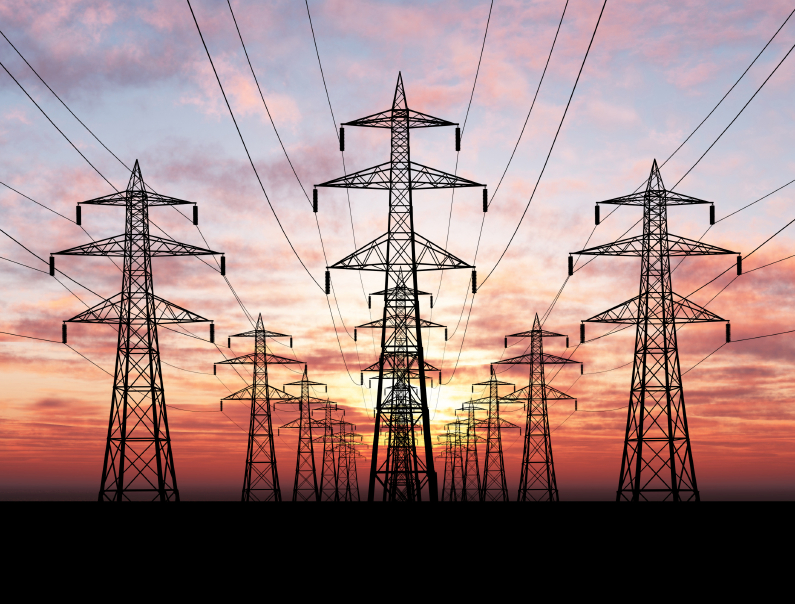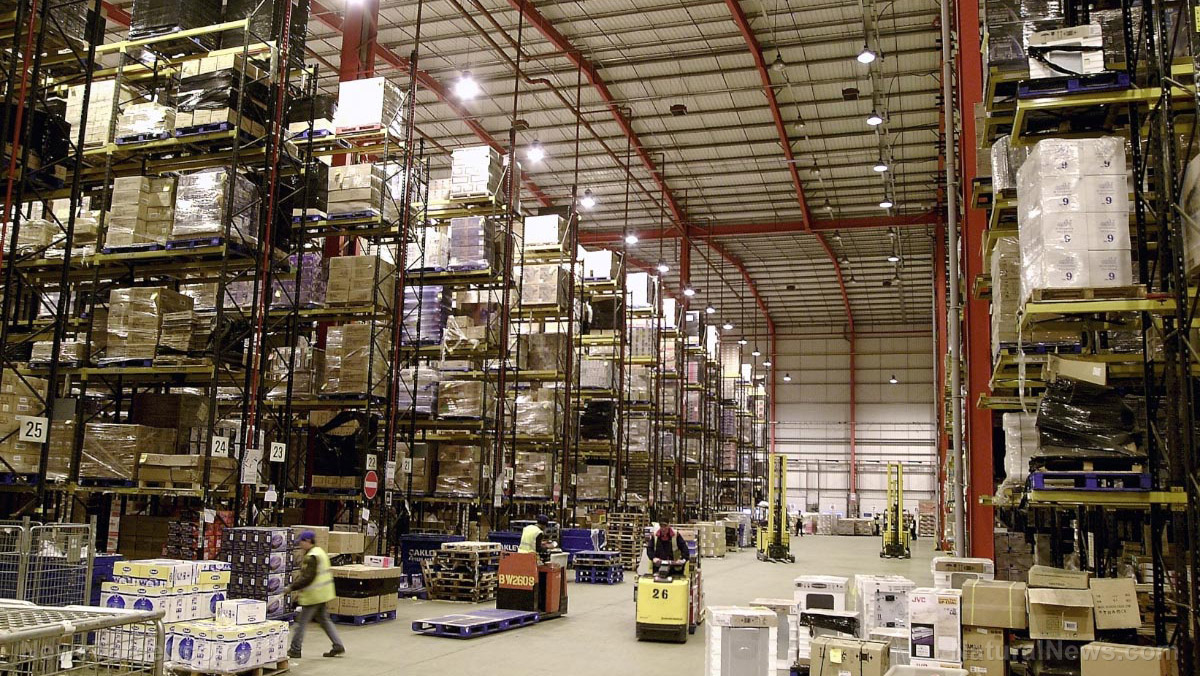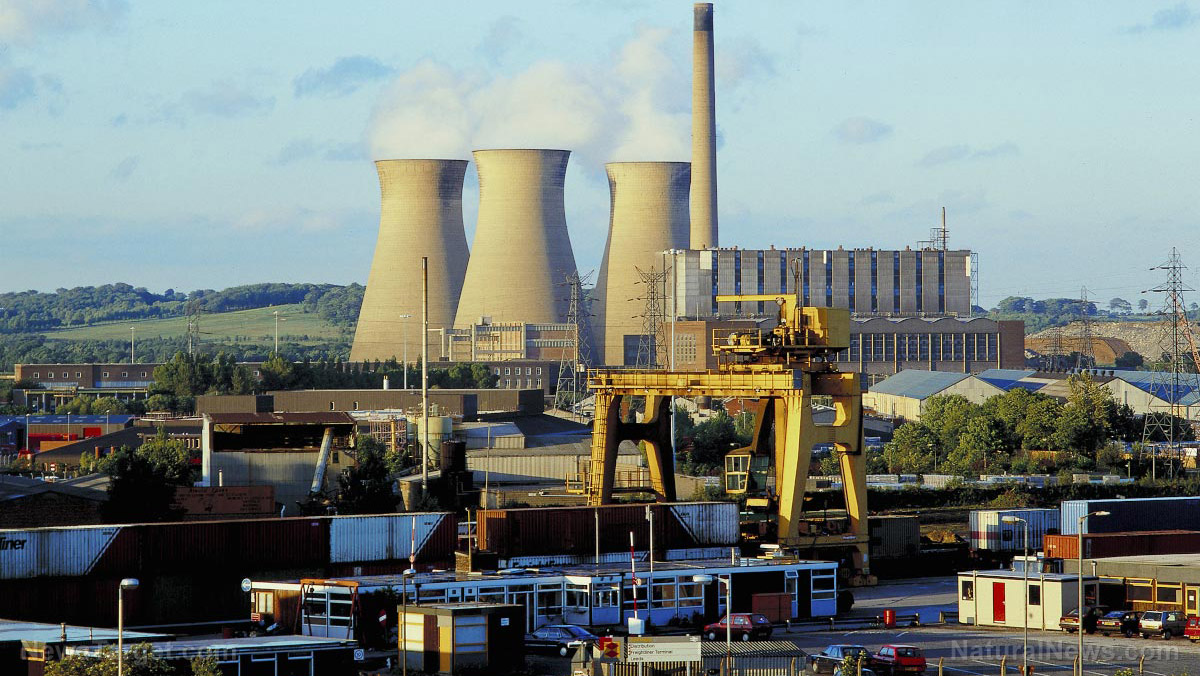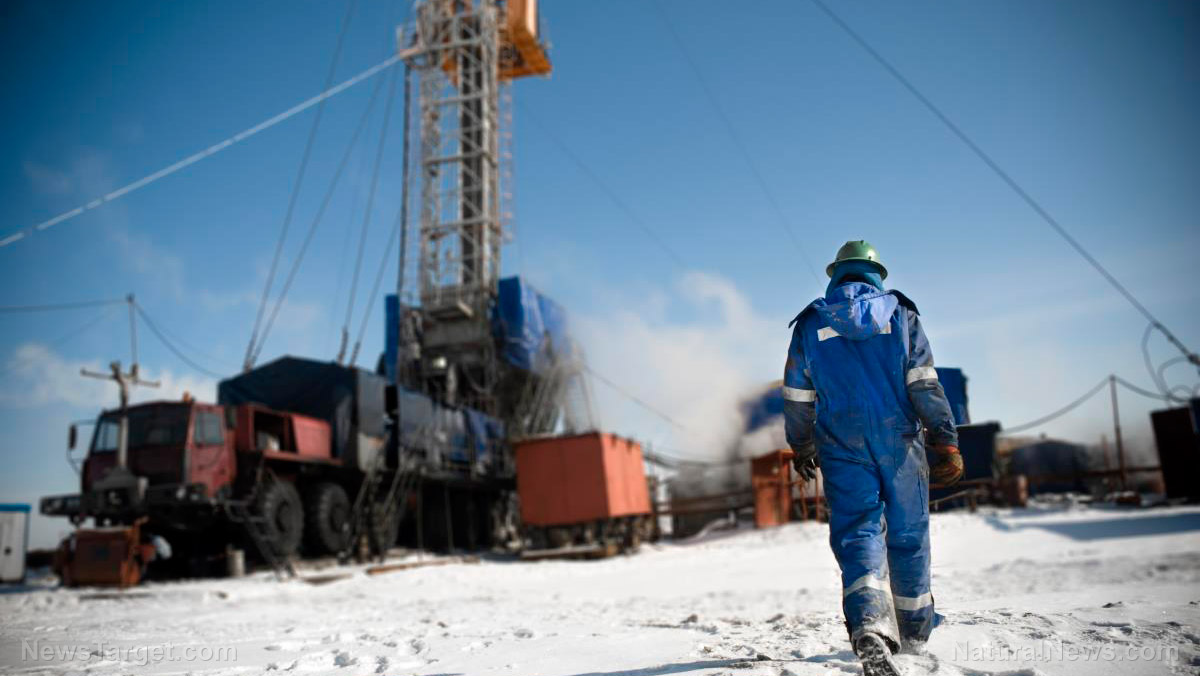Lebanon goes dark amidst worst economic crisis since 1800s
10/13/2021 / By Mary Villareal

The entire country of Lebanon was plunged into darkness on Saturday, October 9, as two of the state’s electric company’s main power stations ran out of fuel. The al Zahrani and Deir Ammar power stations stopped working after diesel supplies were exhausted and energy production dropped below 200 megawatts.
An official has confirmed that the blackout was expected to last multiple days. The state electricity company has tried to use the army’s fuel oil reserve to operate the power plants temporarily.
Over the past months, major cities and towns have experienced periodic blackouts, but this seems to be the worst, most far-reaching and long-lasting, increasing the misery of a population still in crisis over persistent fuel shortage that has seen local currency plunge by 90 percent since 2019.
Some Lebanese citizens say that moving about in an entirely darkened city is like reliving the civil war – which references the lengthy war and collapse of infrastructure that gripped the country from 1975 to 1990. (Related: Lebanon plunged into darkness, India faces rolling blackouts, NYC pharmacy shelves BARE as global collapse accelerates, leading to rolling blackouts across the USA.)
With many citizens struggling to survive, the World Bank has said that Lebanon is now experiencing one of the worst crises to occur anywhere in the world since the 1800s.
Lebanese authorities warn of nationwide blackout
There had been reports detailing that energy authorities have begun giving warnings in the last month about a severe nationwide blackout. Lebanon has also begun receiving Iranian fuel shipments with the help of Syria and Hezbollah, but it appears the tankers sent from Iran were too late in alleviating the crisis.
State electric company Electricite Du Liban, which is responsible for most of the debts of the government, is dependent on credit from the country’s central bank – which is also struggling with dwindling reserves.
The government has gradually raised prices of fuel and diesel as the central bank cut back on subsidizing dollars for imports, adding more problems for the Lebanese population.
Distributors of gas canisters used for cooking and heating have also stopped operating, saying that subsidy cuts amid black-market currency fluctuations meant that they were selling at a loss.
The energy sector has been a huge drain in the state for decades. The electricity company, for instance, has annual losses of up to $1.5 billion and has cost the state over $40 billion over the past decades.
To help alleviate the crisis, Lebanon has received fuel shipments from Iran via Syria. Iraq has also made a deal with the government that helped Lebanon’s state electricity company stay operational for days.
The new Lebanese government negotiates supplies of electricity from Jordan and natural gas from Egypt through Syria, but those deals will likely take months.
Protests erupt amidst outages
Angry residents have converged at the regional office of EDL in Halba. In Tripoli, the current situation has also worsened water shortages in the area, leading to more backlash and forced road blockages.
Before the outages, citizens have only been given a few hours of electricity per day, leaving many to rely on private generators, which are usually costly and inaccessible for others.
Among those that are most affected are the most vulnerable. A Lebanese hospital says that if fuel shortages don’t improve, they will be forced to shut down.
The Lebanese Armed Forces are also expected to give 6,000 kiloliters of gas oil to split between the plants, which could supply power to the country for three days.
The outages come amid ongoing economic and political turmoil in the country as the national currency fell swiftly.
Energy has been fluctuating around the globe. Read more about it at Electricity.news.
Sources include:
Tagged Under: Blackouts, chaos, Collapse, electricity, energy shortage, Lebanese Armed Forces, Lebanon, power grid, power supply, preparedness, supply chain, survival
RECENT NEWS & ARTICLES
PowerGrid.News is a fact-based public education website published by Power Grid News Features, LLC.
All content copyright © 2018 by Power Grid News Features, LLC.
Contact Us with Tips or Corrections
All trademarks, registered trademarks and servicemarks mentioned on this site are the property of their respective owners.



















